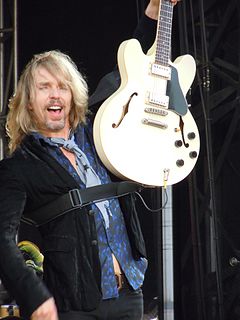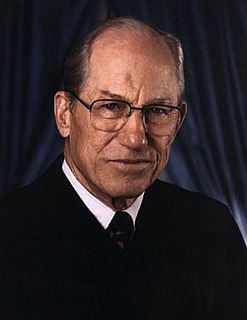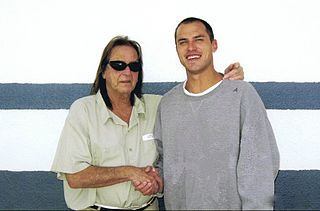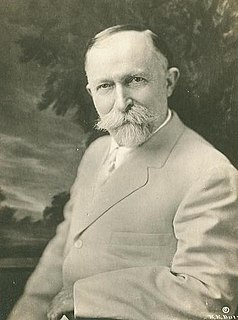A Quote by Alexander Cockburn
So much for the crusade against drugs . . . all America is actually doing is consolidating its position as the biggest dealer in addictive and lethal substances on the planet, waging war on all rivals, whether they take the form of the Thai domestic tobacco industry or the Colombian cocaine cartels.
Related Quotes
Suppose that the US really is trying to get rid of drugs in Colombia. Does Colombia then have the right to fumigate tobacco farms in Kentucky? They are producing a lethal substance far more dangerous than cocaine. More Colombians die from tobacco-related illnesses than Americans die from cocaine. Of course, Colombia has no right to do that.
I think that the war on drugs is domestic Vietnam. And didn't we learn from Vietnam that, at a certain point in the war, we should stop and rethink our strategy, ask ``Why are we here, what are we doing, what's succeeded, what's failed?'' And we ought to do that with the domestic Vietnam, which is the war on drugs.
I think a great idea would be involving our various military services along the border all the way from San Diego to Houston. We've got military bases all over the country. We can just move some people down there and let those cartels who are doing a lot of hurt to the youth of America, let those cartels fight against the Marine Corps.
Marijuana legalization's income may help fund education, prevention and treatment programs for harder drugs. What's clear is that the four-decade-old U.S.-backed war on drugs is not working, and that it's producing tens of thousands of dead across the hemisphere, without significant gains in reducing consumption. Experimenting with new weapons to weaken the cartels may be better than doing nothing.
In some cases it is identical because methamphetamine is one of the F.D.A. drugs allowed for children. The three basic stimulants now are amphetamine, methamphetamine, and then Ritalin, which are all in the same class and Schedule Two drugs along with cocaine, the most addictive drug as recognized by all the world's drug agencies.
Tobacco, in its various forms, is one of the most mischievous of all drugs. There is perhaps no other drug which injures the body in so many ways and so universally as does tobacco. Some drugs offer a small degree of compensation for the evil effects which they produce; but tobacco has not a single redeeming feature and gives nothing in return.






























